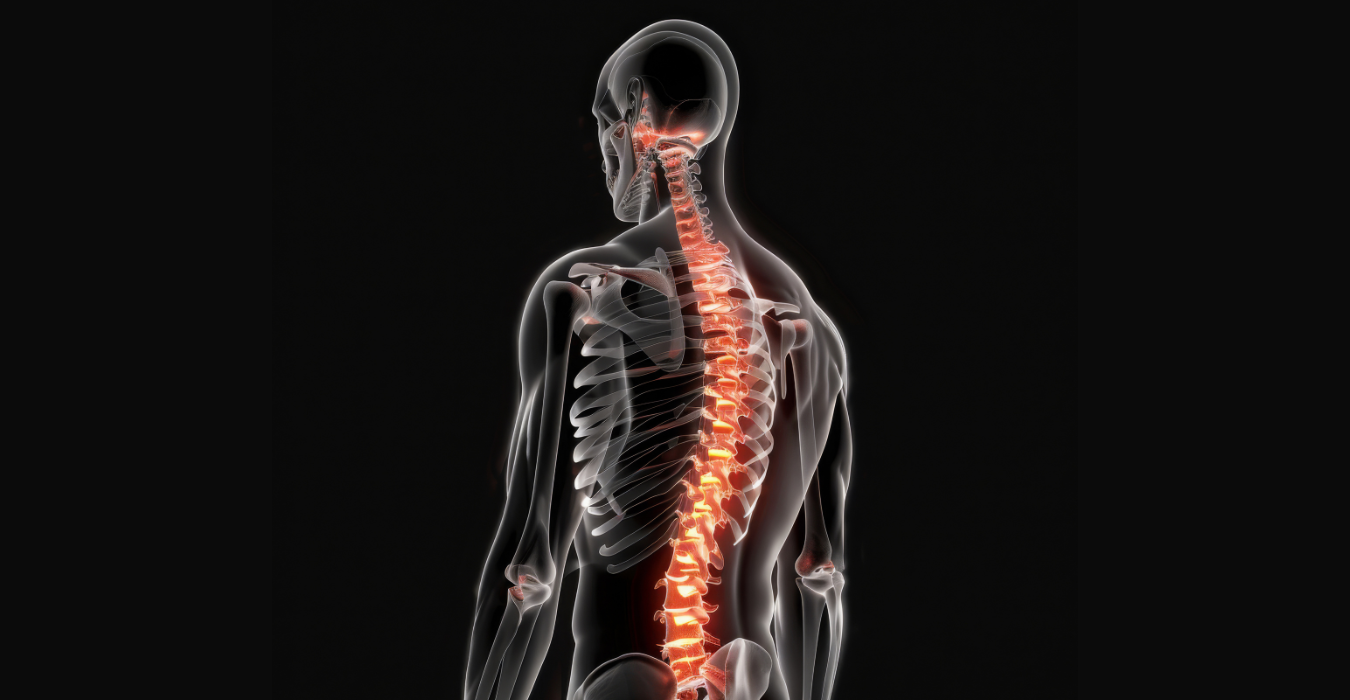
Spinal cord disorders are problems that affect the spinal cord, which is the bundle of nerves that runs down your back and connects your brain to the rest of your body. The spinal cord helps control movements, sensations, and functions like breathing and digestion.
When something goes wrong with the spinal cord, it can lead to issues like pain, weakness, numbness, or even difficulty moving parts of your body. These problems can happen for various reasons, such as injuries from accidents, diseases like multiple sclerosis, infections, or even tumors growing near the spinal cord.
In India, spinal cord disorders are fairly common, with thousands of new cases each year, primarily due to road accidents and falls. Conditions like spinal stenosis and multiple sclerosis also contribute to the prevalence. As the population ages and chronic diseases rise, these disorders are becoming more frequent. Improved treatment and rehabilitation services are helping manage these conditions effectively.
Many spinal cord disorders cannot be completely cured, but treatments can significantly improve quality of life and manage symptoms.
The prognosis varies widely depending on the type and severity of the disorder. Early diagnosis and treatment, available at Neon Brain & Cancer Clinic, are crucial for better outcomes.
Some spinal cord disorders, like spina bifida, have genetic components, while others, like traumatic injuries, are not hereditary.
Regular physical activity, a balanced diet, avoiding smoking, and maintaining a healthy weight are essential for managing symptoms and preventing complications.
Seek medical attention from a spinal cord disorders doctor in Hadapsar, Pune, like Dr. Sadique Pathan if you experience persistent back pain, weakness, numbness, or any loss of bladder or bowel control. Early intervention is critical.
WhatsApp us